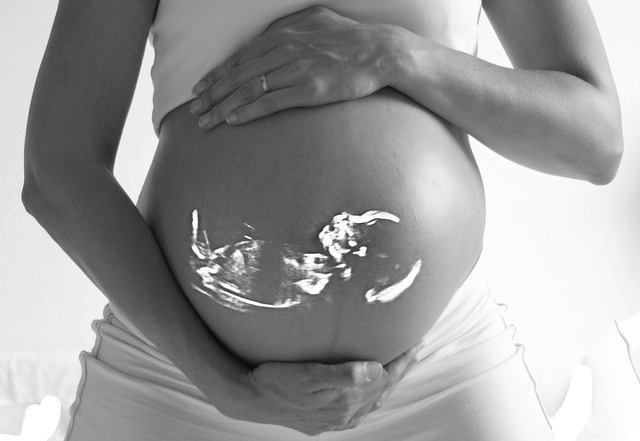The Singapore Ministry of Health (MOH) reported on an additional 26 locally acquired Zika virus cases today. Today’s total and Monday’s new cases (15), brings the outbreak total to 82.

Of today’s cases, the MOH reports 17 cases live or work in the Sims Drive/ Aljunied Crescent area and five live or work in Kallang Way and Paya Lebar Way, north of Sims Drive/Aljunied.
They are investigating the remaining four cases for their links to the affected area.
As of 29 August, the National Environmental Agency (NEA) has inspected about 5,000 premises out of an estimated 6,000 premises in the Aljunied Crescent/Sims Drive cluster to check for mosquito breeding, and also conducted ground checks in the vicinity. 39 breeding habitats – comprising 23 in homes and 16 in common areas/other premises – have been detected and destroyed.
As of 29 August, NEA has served Notices on more than 400 inaccessible premises in the Aljunied Crescent/Sims Drive cluster to require the owners to contact NEA to arrange for an inspection, failing which NEA will proceed with forced entry. NEA has also inspected the on-site workers quarters at the construction site at Sims Drive. The Stop Work Order on the construction site at Sims Drive is still in force.
In addition, the MOH and the Clinical Advisory Group (CAG) on Zika and Pregnancy advise all pregnant women in Singapore with symptoms of Zika (fever and rash and other symptoms such as red eyes or joint pain), as well as those (with or without symptoms) with male partners who are Zika-positive, to be tested for Zika virus infection. This is regardless of whether they have been to Zika-affected areas.
Testing for pregnant women as referred by their doctors, and who meet these criteria, is free at the public healthcare institutions.
Pregnant women who do not have any symptoms of Zika will be monitored for the duration of their pregnancy as part of their routine prenatal care. For those who are concerned, their OB/GYN doctor may offer regular fetal ultrasounds to further check on the fetus’ health.
If a pregnant patient is confirmed to have Zika infection, she will be referred to a maternal-fetal medicine (MFM) specialist for counselling and advice. The OB/GYN doctor may recommend regular ultrasounds to monitor for fetal growth and abnormalities. MOH will also arrange for her to be admitted to a public hospital for further management and care if necessary.
Amniotic fluid testing for Zika may be offered to the pregnant woman after 15 weeks of pregnancy. However as there is currently not enough research to ascertain the effectiveness of testing for Zika in amniotic fluid, a positive Zika test in amniotic fluid does not always mean that the fetus will have birth defects.
Although Zika virus infection remains a predominantly vector-borne disease, a small number of cases of sexual transmission have been documented. Potentially exposed males with female partners who are pregnant should practice safe sex through the correct and consistent use of condoms, or abstinence, for the duration of their female partner’s pregnancy.
Women with confirmed Zika virus infection should abstain from sexual intercourse for at least eight weeks after recovery. Men with confirmed Zika virus infection but whose female partner is not pregnant should also adopt safe sexual practices, e.g. consistent and correct use of condoms during sex, or consider abstinence for six months after recovery.
Related:


One thought on “Singapore Zika update: Case count now 82, Guidelines for pregnant women”